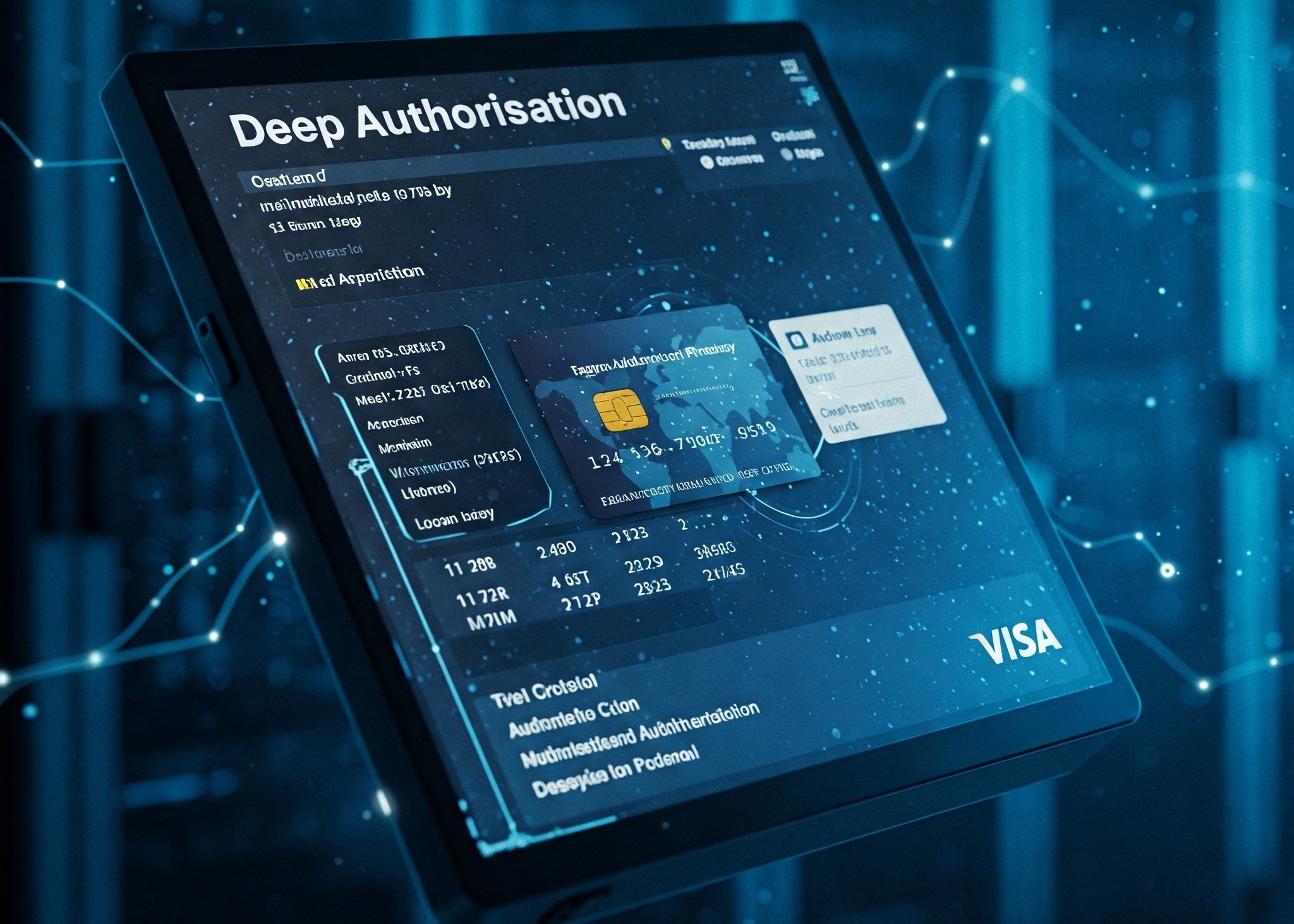Software
Trust gets a new gateway
Visa has unveiled a tool called Deep Authorisation, described as a new frontier in securing transactions, writes ARTHUR GOLDSTUCK.
Trust is the currency of the digital economy. Without it, transactions grind to a halt and businesses falter. Yet, trust is increasingly under siege, with fraudsters leveraging AI and deepfakes to infiltrate financial systems.
In response, card organisation Visa has unveiled what it calls a new frontier in securing transactions: Deep Authorisation.
At this week’s Visa CEMEA Security Summit in Cape Town, an event that gathered payments security professionals from across Central Europe, Middle East and Africa, the conversation was clear: traditional fraud detection methods are no longer enough.
“Last year, we prevented billions of dollars of fraud, but the bar keeps rising,” said Andrew Torre, Visa regional president for CEMEA, during a keynote address. “Fraudsters are more sophisticated, more capable, and they are leveraging the same technologies we use to protect transactions. This is an arms race, and we have to stay ahead.”
While traditional authorisation relies on “probabilistic models”, such as past behaviour, device fingerprints, and transaction history, to determine whether a payment is legitimate, Deep Authorization takes it a step further.
“This is a completely new approach. We’re not just refining the old models; we’re changing the game. Deep Authorisation looks at transaction patterns at a much more granular level. It asks: ‘Does this transaction make sense in this moment, in this location, with this merchant, for this consumer?’ And it does this in real time.”
The need for such a shift is clear.
“It’s no longer just about stolen card numbers; it’s about stolen personas,” said Torre. “We’re seeing synthetic identities being created at an unprecedented scale.”
Authentication, then, must go deeper than a fingerprint scan or a one-time passcode.
Visa’s investment in AI-driven security has been staggering. Over the past decade, the company has poured $3.3-billion into fraud prevention technology. Much of this has been channelled into improving Visa Advanced Authorisation (VAA), which uses machine learning to analyse billions of transactions in real time. Deep Authorisation builds on this foundation, adding a new layer of intelligence that scrutinises micro-patterns in transaction behaviour.
“It’s about moving from ‘Do we think this is the cardholder?’ to ‘Are we certain this is the cardholder?’”
The implications are far-reaching, particularly in emerging markets. Aida Diarra, Visa group country manager for Western and Central Africa, painted a picture of a continent where digital payments are growing rapidly but still face significant hurdles.
“We have 250-million people in Africa still without access to digital payments, and 44-million merchants who do not accept them. The biggest barrier is trust. People need to know that their money is safe. That’s where Deep Authorisation comes in.”
Visa’s strategy to secure this ecosystem involves multiple layers. Initiatives such as Visa Provisioning Intelligence are tackling fraud at its root.
The discussion at the summit also touched on the convergence of artificial intelligence and payments. Torre and his team outlined a vision where AI not only detects fraud but also enhances the customer experience.
“We’re using AI not just to say ‘No’ to fraud but to say ‘Yes’ to genuine transactions with greater confidence. False declines frustrate consumers and damage trust.”
The summit reinforced the need for security and trust to evolve in parallel with payments innovation. The rapid growth of embedded finance, stablecoins, and digital identity solutions presents both opportunities and risks. For example, Stablecoins – digital currencies with stable real-world value – are emerging as a legitimate means for cross-border transactions, but they also raise concerns about regulatory oversight and fraud vulnerability.
Visa is integrating stablecoins into its settlement network, piloting it for transaction processing, said Torres.
“We’re modernising settlement, so it aligns with the always-on nature of digital payments. In the next two years, we’ll see more change in payments security than we did in the last five.”
* Arthur Goldstuck is CEO of World Wide Worx and editor-in-chief of Gadget.co.za. Follow him on Bluesky on @art2gee.bsky.social.


















